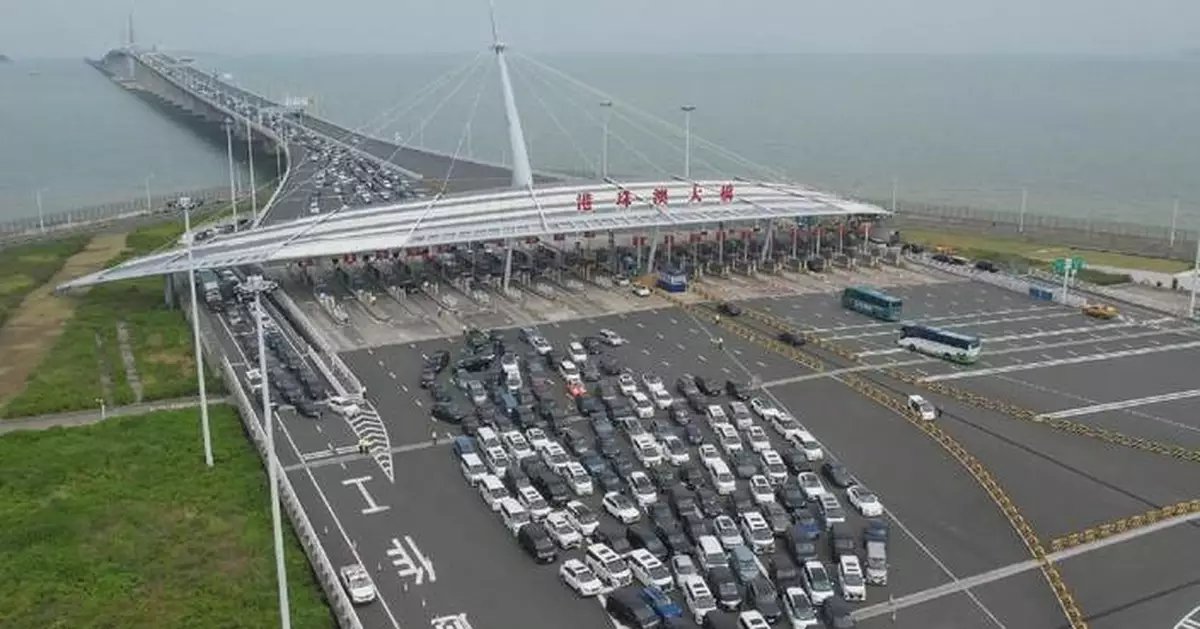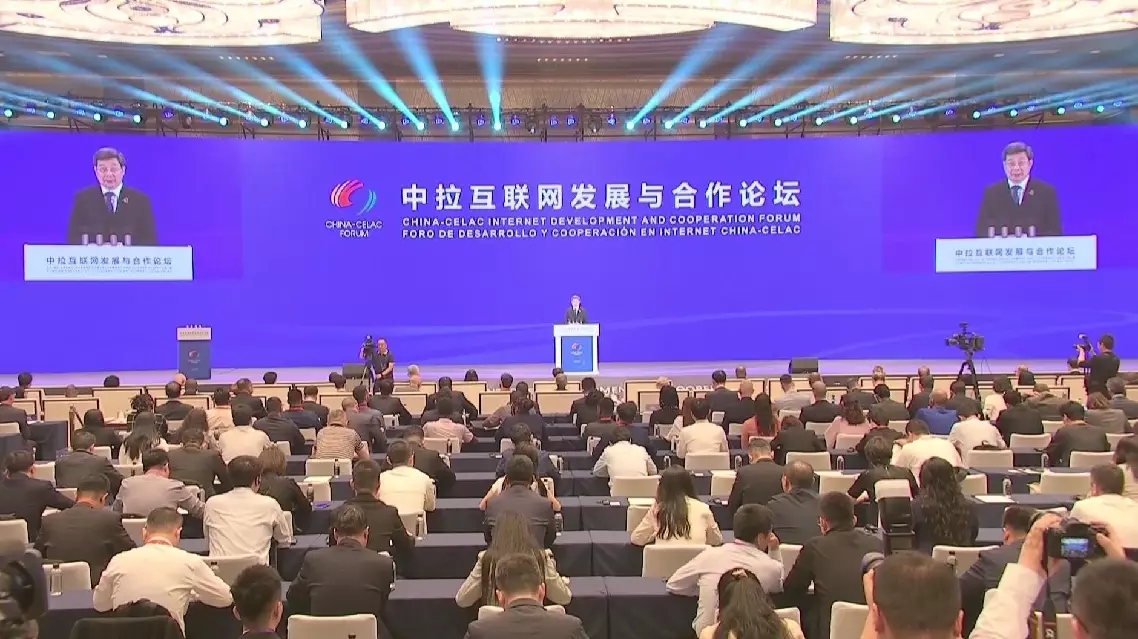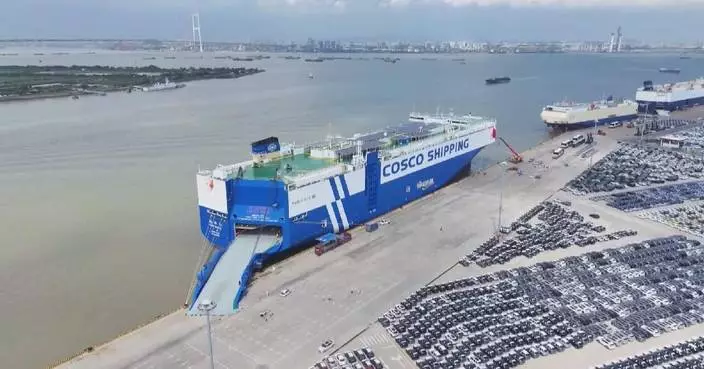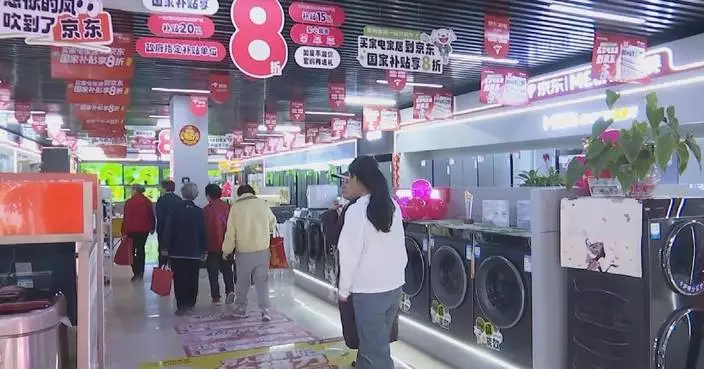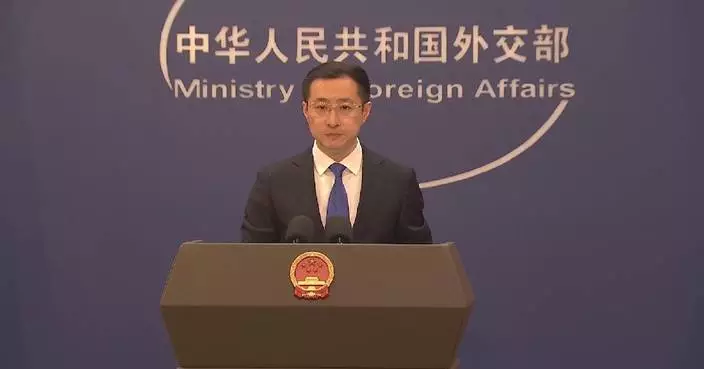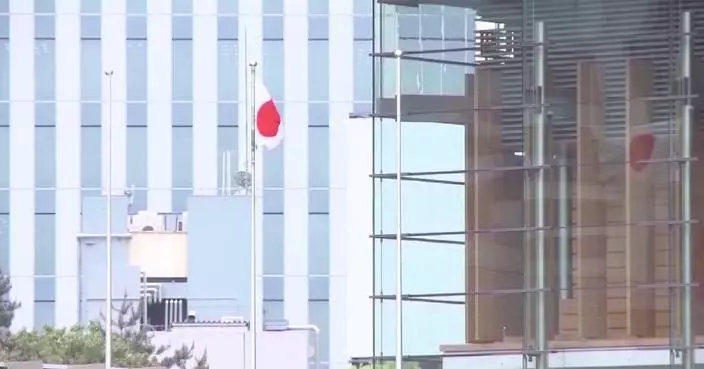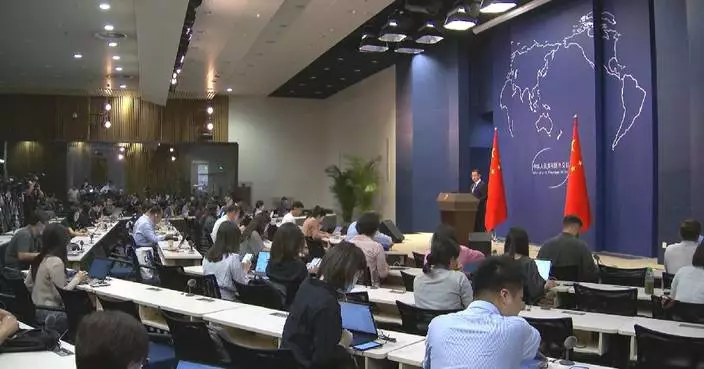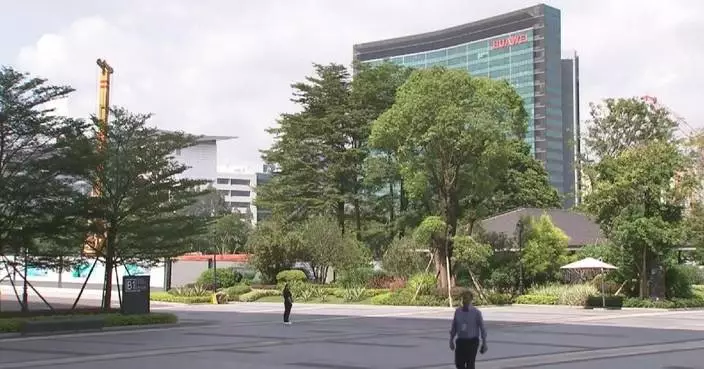More than 2.64 million entry and exit trips by Macao single-plate vehicles via the Hong Kong-Zhuhai-Macao Bridge had been recorded as of Tuesday, thanks to the two-year-old the "northbound travel for Macao vehicles" scheme, according to the latest data released by the Gongbei Customs in south China's Guangdong Province.
Implemented on January 1, 2023, the scheme has fueled a rapid growth in Macao vehicle traffic across the border. The data released by the Gongbei customs on Tuesday morning revealed that in 2024, the average monthly crossings jumped to 127,000, a remarkable increase of over 35.1 percent compared to the previous year. October 2024 saw a record high of 135,000 crossings.
Over 118,000 vehicles from Hong Kong and Macao have now registered with customs under the scheme. This influx of Hong Kong and Macao single-plate vehicles has contributed to a steady rise in both passenger and vehicle traffic through the Zhuhai Highway Port of the Hong Kong-Zhuhai-Macao Bridge.
Throughout 2024, customs processed 5.54 million vehicle crossings, a 70.8 percent year-on-year increase. Weekends and holidays see a surge in traffic, with a peak single-day record of 22,800 crossings. Macao and Hong Kong single-plate vehicles account for nearly 70 percent of this traffic, making them the dominant vehicle type at the port.
To enhance efficiency at the port and improve the passenger experience, the Hong Kong-Zhuhai-Macao Bridge customs are actively collaborating with local governments on upgrading projects aimed at increasing vehicle processing efficiency, particularly during peak return periods.
According to a customs officer, the number of outbound lanes equipped to process passenger vehicles has increased from 22 to 35, boosting the port's peak-hour processing capacity to 1,500 vehicles per hour from approximately 400 vehicles per hour when the scheme was launched on January 1, 2023.
"The customs continue to enhance technological capabilities, employing non-intrusive inspection methods and intelligent image analysis tools to ensure effective management and swift processing for vehicles that require verification," said Wang Peiyang, deputy head of Hong Kong-Zhuhai-Macao Bridge customs.
Since the opening of the Hong Kong-Zhuhai-Macao Bridge in 2018, the implementation of various policies has led to improved traffic flow and thriving passenger volume, highlighting the strengthened connectivity within the Greater Bay Area.
The 55-km bridge links China's Hong Kong Special Administrative Region (SAR), Macao SAR, and the city of Zhuhai in Guangdong Province. It is the world's longest bridge-and-tunnel sea crossing.
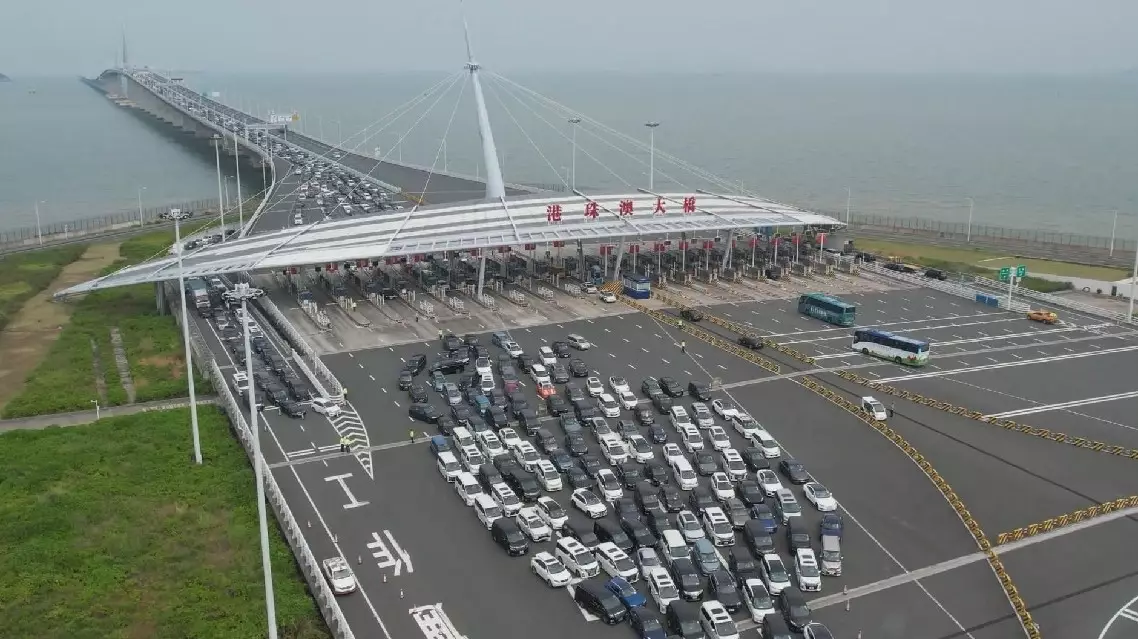
"Northbound travel for Macao vehicles" scheme sees over 2.64 million crossings


